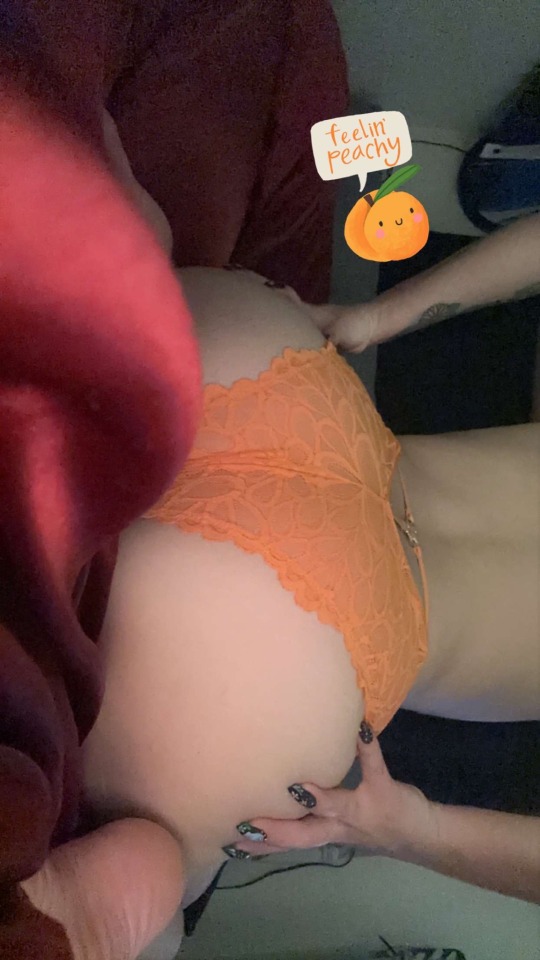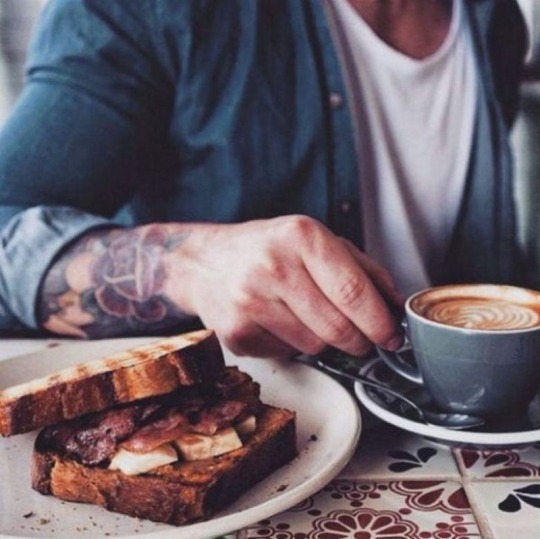#rise and shine
Text
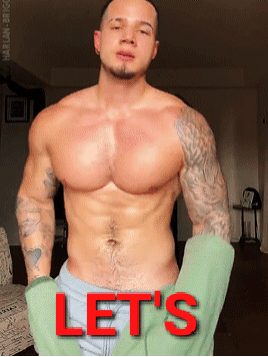






Bro Time
#jock#muscular#men#guys#bros for life#bro#bruh#alpha muscle#alpha jock#good morning#rise and shine#good night#masculinity#masculino#masculine#male beauty#muscles#male affection#jordan torres#meninos
1K notes
·
View notes
Text
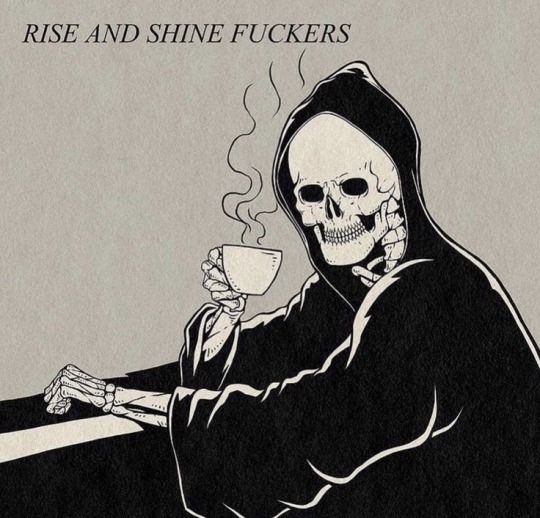
838 notes
·
View notes
Text
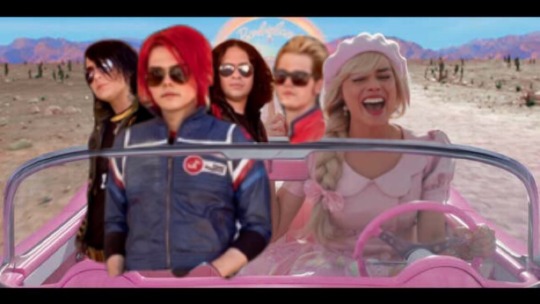
Na Na Na (Na Na Na Na Na Na Na Na Na)
#danger days#barbie movie#I’m really good at photoshop#killjoys#party poison#fun ghoul#jet star#kobra kid#my chemical romance#my chemical gender crisis#my chemical memes#my chemical return#barbie#my chemical fucking romance#na na na#rise and shine
634 notes
·
View notes
Text

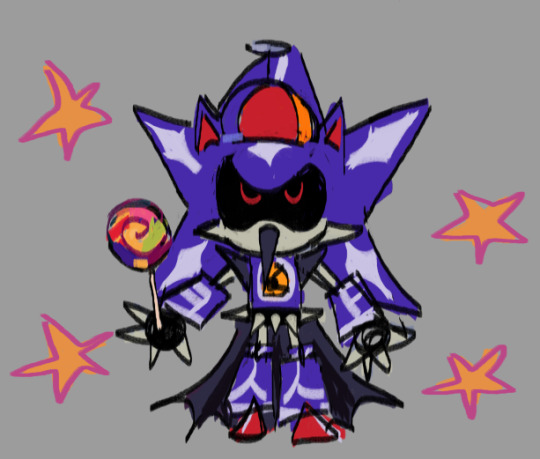

ONLY 364 DAYS LEFT UNTIL NEXT HALLOWEEN!!
205 notes
·
View notes
Text
jirai kei as a trend and the inherent ableism and racism present within it
if you've been present in any japanese fashion or vtuber spaces for the past few years, chances are you've most likely heard of jirai kei. it's gotten major media attention in japan, and inevitably its popularity has spread overseas. what is still misinterpreted about it, however, is that jirai kei is a fashion style. jirai kei is a stereotype, as well as a subculture that features fashion elements. as opposed to the fashion aspects, the focus of the subculture is mental illness, and many people use the jirai tags and labels to find those with similar struggles and interests. you can learn more about the recent history of jirai kei as a stereotype here, and the fashions associated with jirai kei here.
jirai kei as a stereotype is bad for a multitude of reasons, but there are many people who seem to think that there's nothing wrong with the trend itself. i've seen many arguments in favor of it, ranging from "if brands are using it, that must mean the term isn't that bad" to "plenty of japanese girls are using it to only refer to the fashion, and they don't actually lash out at others or self-harm." its usage by brands and everyday people are true, and that much cannot be argued. the problem comes from assuming that, because it's something widespread in japan, it can't possibly be as bad as people make it out to be. if this trend were to come from anywhere else, i'm almost certain that people would immediately question the morality of it for several reasons. this is going to be a long post, so i hope you have some time.
TW for mentions of self-harm, alcohol and drug abuse, and child sex trafficking below the cut.

a brief rundown of jirai kei's origins
to start, jirai kei's original coinage before the trend has existed since around the 90s. it was used by misogynistic men to refer to women who they believed exhibited signs of emotional instability. this was applied to completely harmless traits, and the criteria for someone being a landmine has drastically changed over the years. for example, the first common identifier was simply "a girl who looks put together." this sexist usage still extends to present times, but now it's often conflated with the current aestheticized definition of the term.
the source of the current iteration of jirai kei
the modern-day jirai kei stereotype comes almost entirely from a gang known as the toyoko kids, who reside in kabukicho. this gang contains many members ranging from ages 9 to 24 who have run away from their homes and families. they have been known for several activities, but the most publicized ones are cutting themselves in public circles, papa katsu (underage prostitution), heavily drinking, and overdosing on over-the-counter medications. majority of the gang members also wear japanese alternative fashions, with girly kei being the fashion that's most often present in the jirai kei stereotype.

where does the ableism come in?
the rise of the aesthetic trend peaked somewhere in 2020, where a "landmine makeup challenge" gained popularity online and resulted in various people attempting to mock and mimic the stereotype for clout. people would wear girly fashion, act "wild" or "crazy" on camera, and, at worst, pretend to cut their wrists or even use makeup to create fake self-harm scars. i don't believe i need to explain why faking self-harm for views is ableist. however, the ableism is also present in the supposed "lighter" aspects of the trend, particularly its sudden association with girly fashion.
during the height of jirai kei's popularity in japan, many brands had begun to sell pink x black girly coordinates, advertising them as jirai kei fashion. it's incredibly important to note that girly as a fashion has existed for several years prior, and that multiple people had already been wearing clothing that's abruptly being labeled jirai. as a result, you have all of these random people minding their business suddenly being labeled as "crazy psycho bitches" because of the clothes that they wear. as if that isn't enough, some brands went as far as to promote the more dangerous aspects of the stereotype as well. with attempts to pander to girls who are deemed "yandere" and "highly explosive," many shops, online influencers, and companies had directly and indirectly capitalized on the suffering of the toyoko kids by encouraging people to cut their wrists, manipulate their partners, binge drink, and lash out at others to engage in the "full landmine experience."
mental illness in japan is almost never taken seriously because it's seen as a personality flaw rather than something that needs treatment. the jirai kei trend only set back any progress made for mental health acknowledgement in society, as people perceived as landmines began to be harassed for wearing girly fashion. more girls were approached by men on the street trying to scout them for prostitution, and people gave away their wardrobe because "others assumed they were troublesome" for wearing it. from another perspective, the anti-recovery nature of the trend has also taken lives. some people who felt that they identified with the term had fully embraced the lifestyle that was commercialized and promoted as something "cute and fun," resulting in more people running away from home to be like the toyoko kids. these people, who have essentially been failed by the system, are simultaneously fetishized and shunned for the fact that they're struggling.

well, what about the racism?
the racism present in the jirai kei trend, from what i've seen, mainly comes from overseas communities. the perception that many people have of jirai kei tends to have its roots in orientalism. if you've ever witnessed how people tend to glorify japan in almost every context, this shouldn't be too surprising. what's concerning, however, is that much of this glorification of jirai still goes unacknowledged by the western j-fashion community.
when jirai kei gained popularity in japan's mainstream, people mistook the name of the stereotype for the name of the fashion. this mindset also translated over to western spaces without a second thought. as a result, when jirai kei as a stereotype was formally introduced to overseas j-fashion communities, some were confused and oddly adamant. it seemed like people thought, "there's no way that japan would endorse something so horrible. there has to be different explanations!" regardless of whether this idea was conscious or subconscious, it had begun what people now call "jirai discourse" in the community. many arguments were made in favor of using jirai kei to refer solely to girly fashion, as opposed to recognizing its origins and continuous usage as a derogatory term. an especially common viewpoint that's perpetuated is that jirai kei has been reclaimed or is in the process of being reclaimed, which is something that has several things wrong with it.
problems with thinking that jirai is "reclaimed, so it's fine to use"
firstly, reclamation is subjective. the assumption that the entirety of a minority group makes the unanimous decision to reclaim a term is frankly just implausible. even more popular words that are thrown around more casually nowadays are still debated in some circles on whether or not they should be used. for a term like jirai kei, something fairly recently coined and undoubtedly controversial in most contexts, the mere idea of reclamation amongst anyone would have to take a much longer time, and that's only if the stereotype starts getting taken seriously.
secondly, the only people who have the right to consider reclamation are the people who are directly affected by the usage of this term, which would be feminine-presenting native japanese people who are mentally ill. people overseas have argued in favor of reclaiming the term despite not being a part of the group that the term is actually used against. this is not something where you can take apart the criteria and suddenly claim that you're also affected by jirai kei's usage. for a comparison that may be easily understood, that's like if a nonblack woman tried to advocate for the reclamation of the "mammy" stereotype, which stereotypes and therefore only affects the perception of black women. just because both groups consist of women, that doesn't mean they have the exact same experience with the stereotype in question, even if they happen to resonate with some aspect of it. unless you've grown up in japan as someone afab and/or feminine-presenting and have struggled with mental health, it's nearly impossible to fully identify with the extent of jirai kei's harm because it's occurred in such a specific set of circumstances to a specific group of people. the only thing that should be done in this case is doing your research on the affected group, which you can do by looking into the history of the toyoko kids and some of the individual stories of the members. that way, you can at least attain a better understanding of their perspectives and connect the effects of jirai kei to their struggles.
lastly, it is not reclaiming to simply use the term for yourself. this tends to be where the idea of jirai kei being reclaimed comes from, because many japanese girls on social media use the term to refer to themselves as well. in these instances, there are typically two separate reasons: one, the person is pretending to be a landmine for clout; or two, they genuinely identify with the derogatory meaning of the term. the latter is often the case, since there's not many other ways for people in japan who are mentally ill to find groups for themselves. when it comes to reclamation, it's important to remember that it's not simply using a word that was used against a group that you're a part of. reclaiming is about actively working to change a term's meaning into a neutral or positive context for the benefit of the group. none of these girls are doing that. there's no big effort in japanese landmine spaces to move the perception of being a landmine away from things like girly kei fashion, idol fan culture, or toxic behaviors, which leads me to the final section of this post.
it is not anyone's job to push for the "reclamation" of jirai kei.
i put reclamation in quotes because, although some genuinely may not have ill intentions, many people come off as having a "white savior" mindset as opposed to actually wanting to reclaim the term in any sense (which, as mentioned before, is not the right of just anyone), and it's usually for the sake of enjoying girly fashion without feeling bad for incorrectly calling it jirai kei. one of the defenses often used to propose that being seen as a landmine can actually be a good thing is that the people who do self-harm and abuse substances are simply "bad apples" in the landmine community. if they're not treated as the dirty underside, then they're seen as things to be pitied and sympathized with, but with the quick disclaimer of "don't worry though, not all landmines are like this!"
not only is this incredibly ableist, but this assumption being made by mainly white influencers is also rooted in the historical development of racism against asian people, particularly in the united states. if you've heard of the model minority myth, one of the biggest issues with it is that it heavily generalizes asian people as being well-mannered, good-natured, and upstanding citizens. as a result, anyone who seems to fall out of this generalization is deemed an "untrustworthy foreigner" and appears as nonexistent through a romanticized lens. this exact situation can be applied to how people tend to treat the issues surrounding the jirai kei trend. the japanese girls who are faking and/or making fun of mental instability for the sake of online popularity are suddenly being glorified as these ideal representations of jirai kei to be palatable to the western world. meanwhile, the people who are considered by many to be part of the lowest rungs of society and are actually getting this term thrown at them pejoratively are treated as an afterthought and not representative of what people overseas want jirai kei to mean. it's even to the extent where native japanese people using girly kei or being uncomfortable with jirai kei are immediately assumed to be faking their ethnicity or their japanese-speaking skills, something that many foreigners have actually done in an attempt to claim authority over jirai kei's usage. since the reality of the trend is so uncomfortable to many, people think that it's best to simply disregard it or dumb down its impact when that changes nothing. what has avoiding the topic of discrimination and fetishization ever done for anyone?
the last thing i want to point out is that, even if reclamation of the term was in progress, it would not be happening the way that some seem to think it is. if the term was being reclaimed, we would not have people (both overseas and in japan) still acting like the stereotype for tons of likes, namely by taking pictures of themselves in girly kei next to cans of pink monster while sitting on the sidewalk with someone handing them money. that is an actual image i've seen, and if that doesn't tell you that there's a problem, i'm not sure what else will.
#rise and shine#jfashion#japanese fashion#jirai kei#jirai onna#girly kei#alt fashion#alternative fashion
170 notes
·
View notes
Text
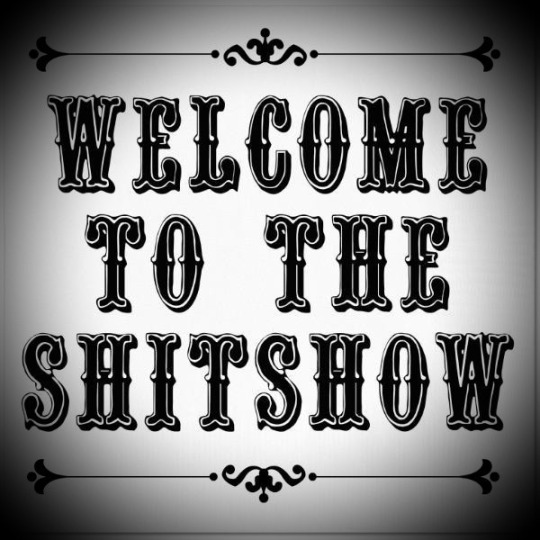
Happy Monday Beautiful Peeps!
#inspiration#be you#blessed#gratitude#all day every day#be your true self#quotes#happy monday#funny but true#rise and shine#rise and grind#hustling#everyday im hustling#monday motivation#monday mood#monday morning#monday morning wake up call
185 notes
·
View notes
Text







Morning Guy Stuff
#jock#muscular#gym motivation#bodybuilder#toxic masculinity#masculinity#homens#bulto#hombres#men#good morning#rise and shine#muscles#muscle men#alpha muscle#guys#str8 guys#alpha jock#gym life
548 notes
·
View notes
Text
“并不可否认,生活磨掉了我们一部分的勇气和温柔,但我也相信,因为我们还很年轻,所以失去的还会长出来,而新的部分将闪闪发亮”
Không thể phũ nhận rằng cuộc sống đã mài mòn đi một phần dũng khí và dịu dàng của chúng ta, nhưng tôi cũng tin rằng vì chúng ta còn trẻ, nên những gì mất đi rồi sẽ được bù đắp lại, và phần mới ấy sẽ toả sáng thật lấp lánh.
- Như An dịch
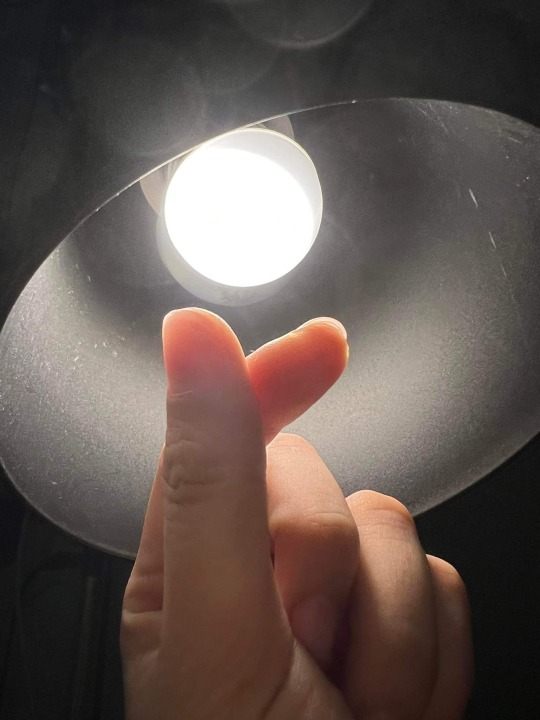
#chinese#life quote#quotes#văn học#nhu-an#beautiful quote#trichdanhay#love yourself#love your life#be yourself#rise and shine
65 notes
·
View notes
Text

SPOMMY NATION
72 notes
·
View notes
Text
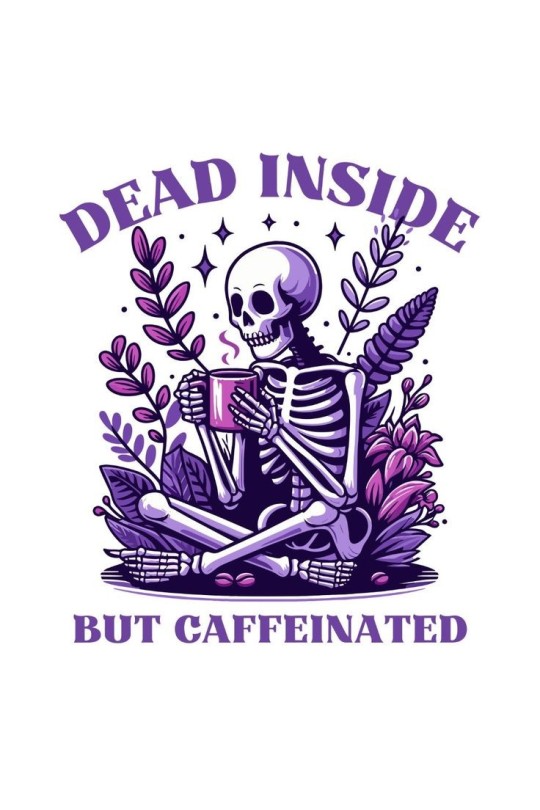
Rise & Shine
Happy Monday morning 🌤, it's time to wake up & fill our souls with iced coffee ☕️ ✨️!
Have a beautiful 😍 day & a wonderful week ❤️
#goth#gothic#dark aesthetic#alt#goth aesthetic#alternative#gothgoth#grunge#spooky#dark#skeleton#caffeine#iced coffee#rise and shine#monday morning#goth art#spooky art#spooky aesthetic#spooky cute#dark kawaii#skull#dead inside#haha#lol#purple#purple aesthetic#purplecore#goth blog#gothblr#gothcore
63 notes
·
View notes
Text
the face of alternative fashion tends to be white. how come?
whenever you go to look up a certain aesthetic or fashion, it may not register that the majority (or sometimes all) of photos that appear in the searches are people with pale skin. it makes sense not to think too much about it; after all, you’re just looking for the average look of the style, right? unfortunately, this has more implications than it might first seem.
it raises the question: where are the people with darker skin in these communities? i mean, it’s not as if they’re nonexistent. if you specified your search by typing in something like “black goth” or “black lolita,” you’d get plenty of results showing exactly what you’re looking for. well, that answers that question! except… now you have to wonder: why do almost none of these people show up when looking up most styles in the first place?
let’s go back to what i said earlier. most people, when searching for alternative fashion styles, aim for the average look of the aesthetic. what isn’t really acknowledged is that for many people, often subconsciously, being lighter skinned is part of that average look. in other words, it’s as if whiteness is the default, and this is reflected not only in search engines, but in the general media. on one hand, there’s a much higher chance for an alt white person to gain mass popularity than any alt person of color. on the other hand, the people of color that do gain a large following often face a higher risk of harassment and discrimination for… dressing how they like? enjoying different genres of music? that’s not even mentioning the risk of being ostracized from general poc communities for these same reasons.
but why must it be this way? the answer is that it doesn’t have to be! i feel that the best way to start combating these problems as things are right now is to start with deconstructing biases and stereotypes of different groups of people, especially ethnic groups. there is no reason why anyone should feel confined to specific ways of dressing just because of their race, ethnicity, skin color, etc. fashion is an art form for everyone, and we can work towards acknowledging, highlighting, and simply respecting more people from all walks of life with the little things we say and do. it just takes time and effort from all of us!
#rise and shine#alternative fashion#alt fashion#jfashion#japanese fashion#lolita fashion#yumekawaii#yamikawaii
97 notes
·
View notes
